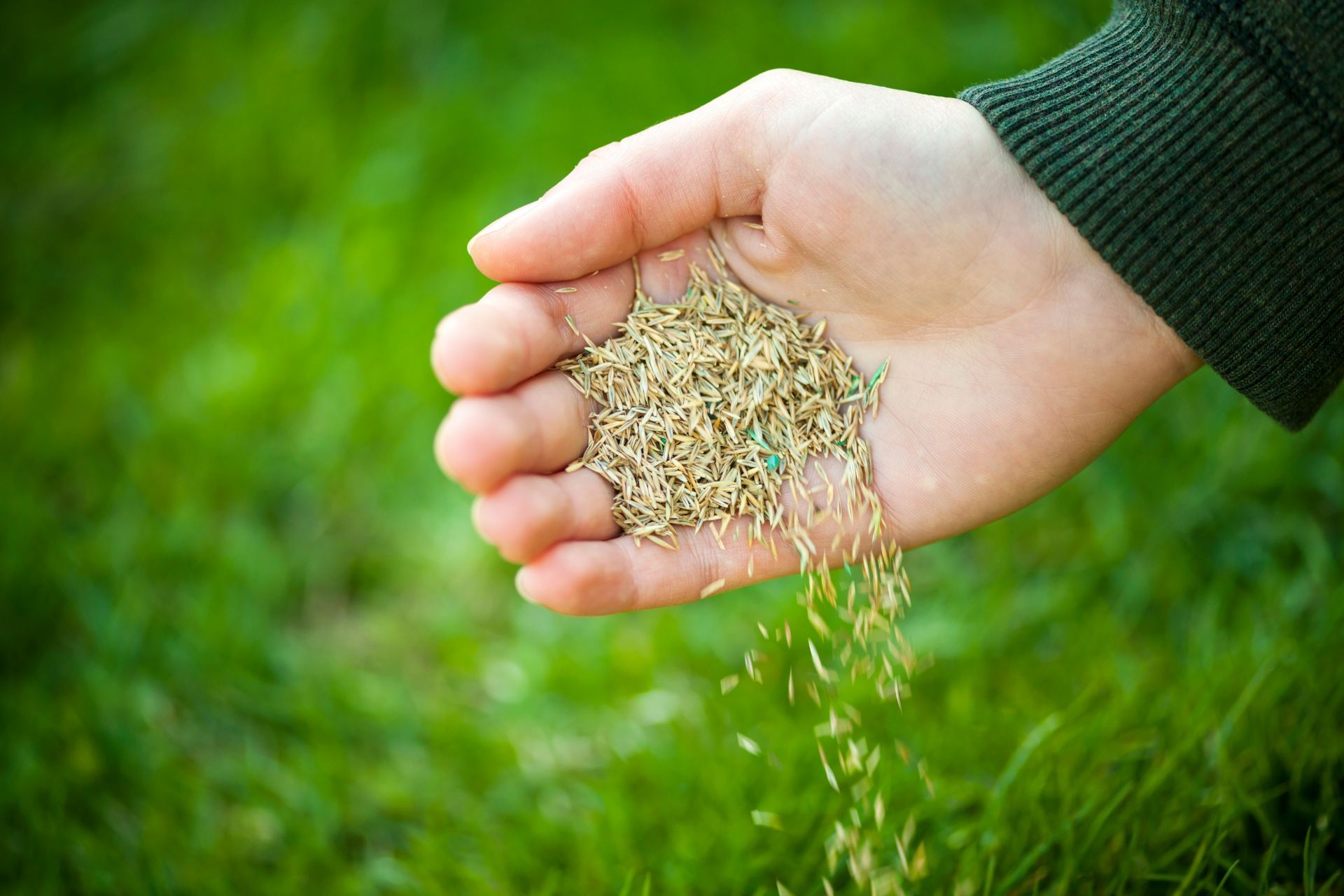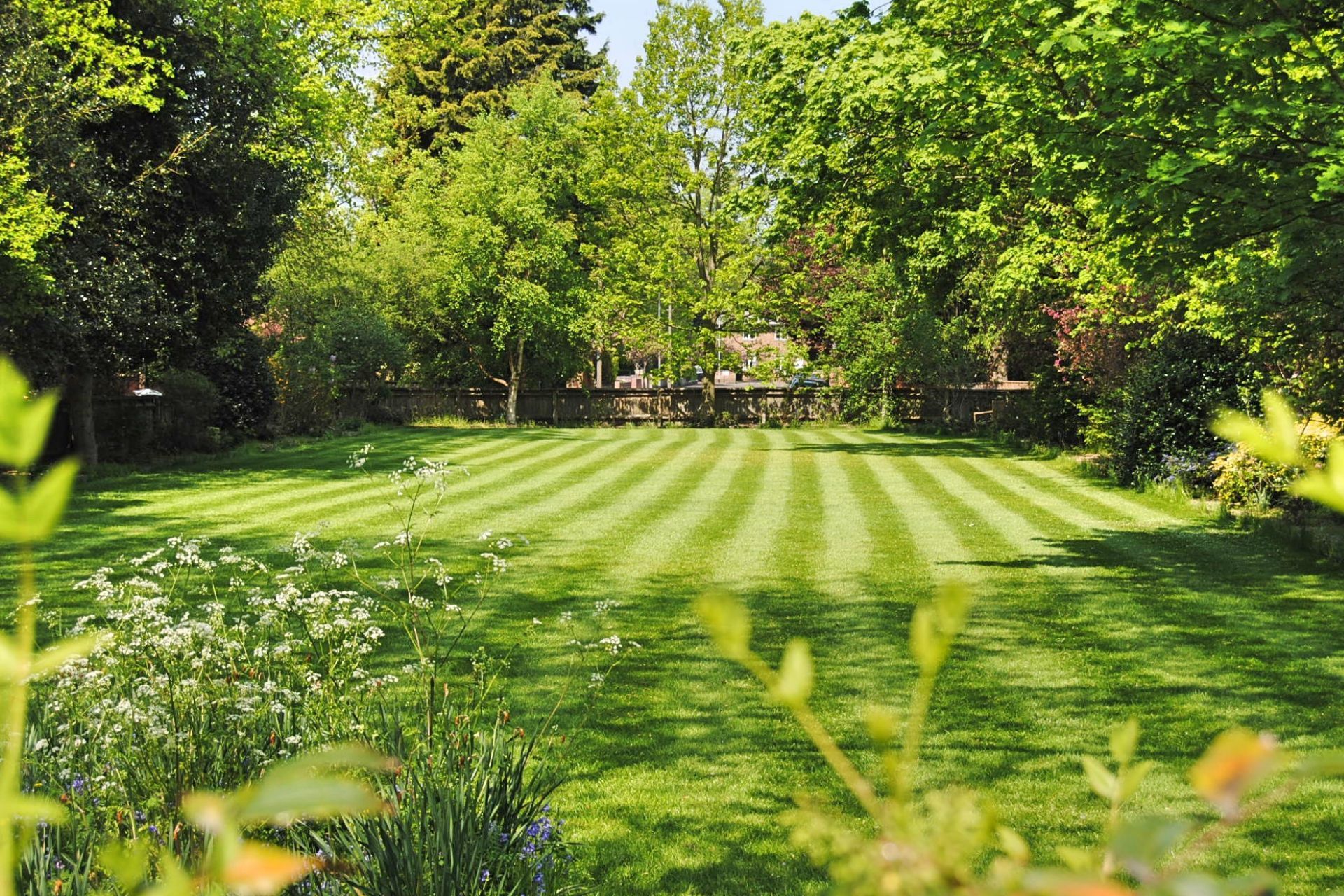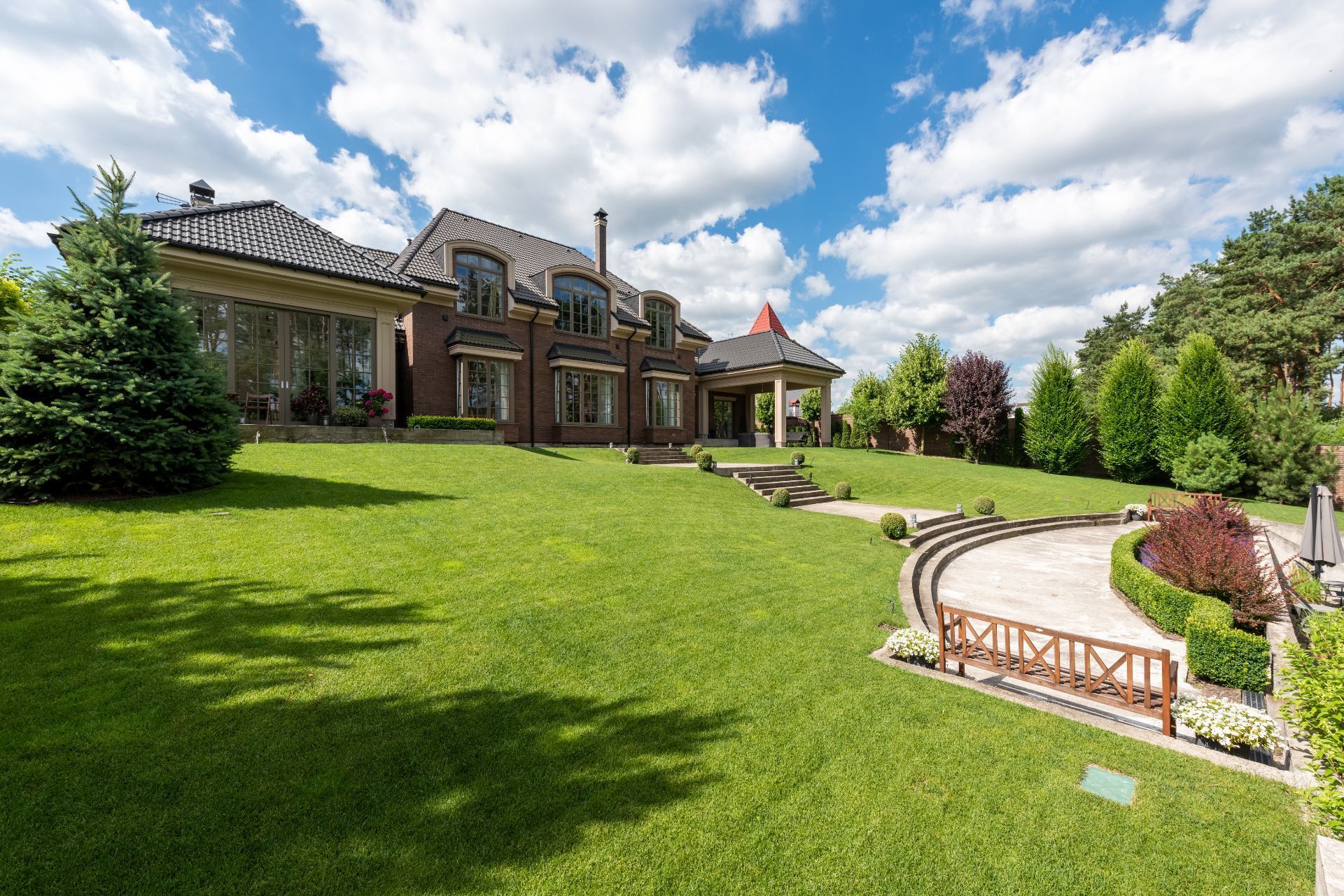Overseeding Guide: When and How to Refresh Fescue and Bermuda in Athens
Maintaining a lush and vibrant lawn in Athens, GA, involves understanding the unique growing needs of your grass types. Overseeding is a crucial lawn care practice that rejuvenates your lawn, enhances its density, and improves its overall health. At Dead Silent Lawn Care, we specialize in refreshing Fescue and Bermuda lawns through effective overseeding techniques. Here’s a comprehensive guide on when and how to overseed these popular grass types in Athens.

Understanding Overseeding
Overseeding involves spreading grass seed over an existing lawn to fill in bare spots, improve turf density, and enhance color. This practice is essential for maintaining a healthy lawn that can withstand environmental stress.
Benefits of Overseeding
- Improves Lawn Density: Overseeding helps thicken your lawn, providing a lush green carpet.
- Enhances Appearance: Regular overseeding keeps your lawn looking fresh and vibrant.
- Prevents Weeds: A dense lawn discourages weed growth by minimizing space for weeds to establish.
- Increases Disease Resistance: New grass varieties can be more resistant to local pests and diseases.
When to Overseed Fescue and Bermuda Lawns
The timing of overseeding is crucial for successful grass establishment.
Fescue Overseeding
- Ideal Timing: Late summer to early fall (mid-September to October).
- Why: Cooler temperatures and abundant rainfall provide optimal germination conditions for Fescue.
Bermuda Overseeding
- Ideal Timing: Late spring to early summer (late April to June).
- Why: Warmer temperatures promote rapid germination and establishment of Bermuda grass.
How to Overseed Your Lawn
Follow these steps to ensure effective overseeding and restoration of your lawn's lush appearance.
Step 1: Prepare the Lawn
- Mow Low: Cut your lawn shorter than usual to allow the new seed better access to the soil.
- Dethatch if Necessary: Remove excess thatch if it exceeds ½ inch to promote seed-to-soil contact.
- Aerate the Soil: Use a core aerator to alleviate compaction and enhance seed penetration.
Step 2: Select the Right Seed
- Fescue: Choose a turf-type tall Fescue blend suitable for the Southeast.
- Bermuda: Opt for a Bermuda seed blend designed for the hot and humid conditions of Athens.
Step 3: Spread the Seed
- Use a Spreader: Distribute the seed evenly across the lawn using a broadcast or drop spreader.
- Follow Recommended Rates: Apply seed at recommended overseeding rates specific to Fescue or Bermuda.
Step 4: Water Consistently
- Initial Watering: Gently water the lawn immediately after seeding to help seeds settle into the soil.
- Maintain Moisture: Keep the soil consistently moist for 7–14 days to support germination. Gradually transition to normal watering routines.
Step 5: Fertilize and Maintain
- Fertilization: Apply a starter fertilizer after seeding to provide essential nutrients for young grass.
- Mow Carefully: Wait until new grass reaches about 3 inches before mowing, and only cut 1/3 of the blade length.
Conclusion
Overseeding is a vital practice for maintaining a beautiful, resilient lawn in Athens, GA. By understanding the specific needs of Fescue and Bermuda grass and following these overseeding steps, you can ensure a lush, green lawn year-round. At Dead Silent Lawn Care, we offer expert services to help you achieve the most from your overseeding efforts, ensuring your lawn remains a vibrant focal point of your home.
Frequently Asked Questions
How often should I overseed my lawn?
Fescue lawns benefit from annual overseeding, while Bermuda may need it every 2–3 years.
Can I overseed without aerating?
While not required, aerating significantly improves seed-to-soil contact and overall success.
Should I stop mowing after overseeding?
Allow new growth to establish before mowing, then resume regular mowing routines.
Can I overseed to transition from Bermuda to Fescue?
Yes, but it requires careful management as these are cool and warm-season grasses respectively.
What’s the best seed type for Fescue in Athens?
A blend of turf-type tall Fescues adapted to the Southeast climate is recommended.


